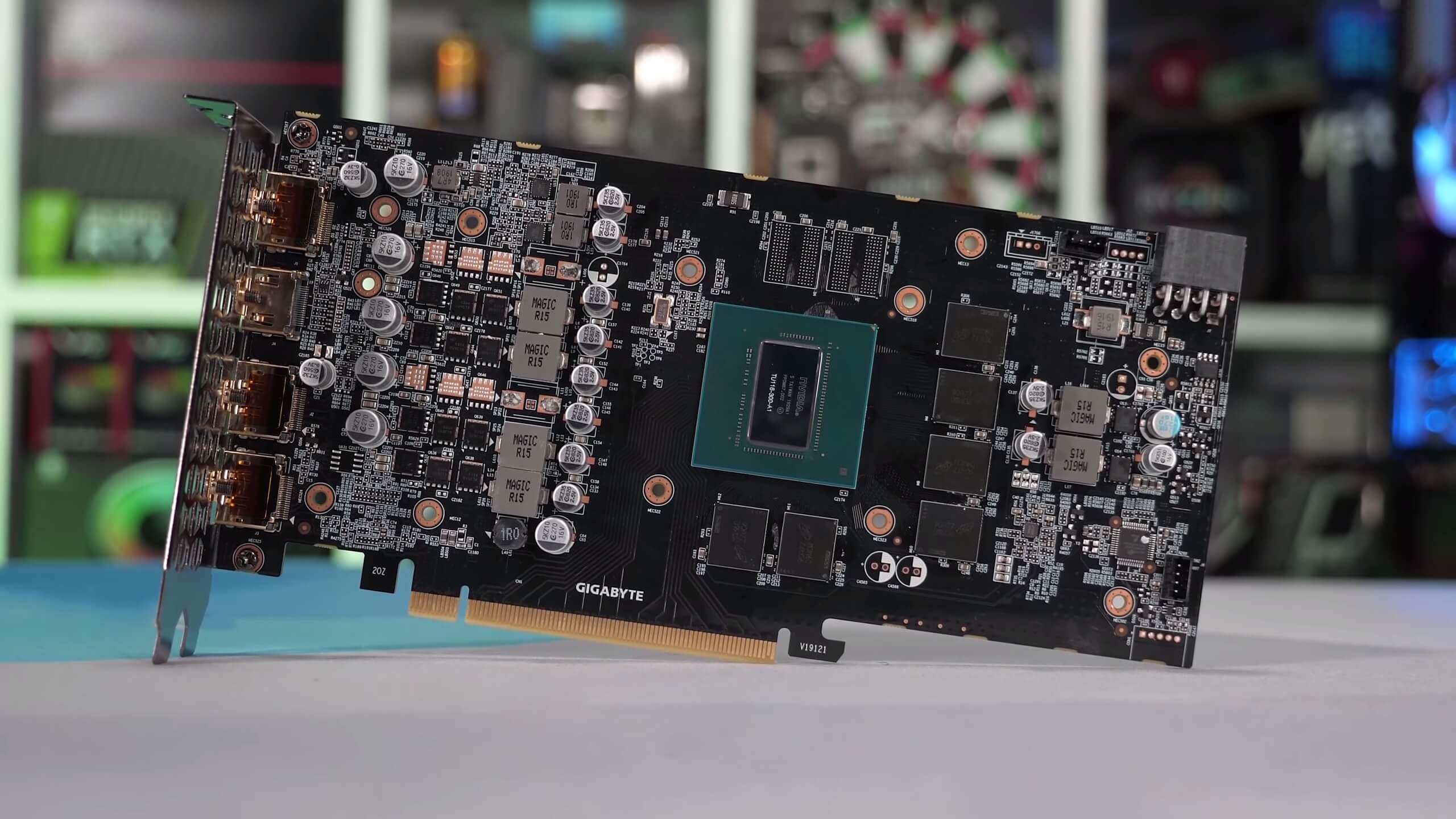The big picture: If you’ve got some spare GPU horsepower now is the time to put it to good use; by simulating molecular dynamics you can contribute to a dataset that could help researchers find a cure to the coronavirus.

The Pande Lab at Stanford University has been running distributed compute network Folding@home for nearly twenty years for disease research using the idle processing resources of home personal computers. Today the lab has put it its network to work to better understand coronavirus.
Folding@home combines the power of thousands of individual home systems and treats each of them as a node in a supercomputer. Each node simulates molecular dynamics like “protein folding” and “computational drug design.” In the end, all the results are combined into a dataset of interactions that are made available to researchers. According to Wikipedia, Folding@home is one of the world's fastest computing systems, with a speed of approximately 98.7petaFLOPS as of March 2020.
I personally signed up to fold this morning and my system just finished computing one “work unit.” Despite a detailed explanation, I understood nothing about what my computer was just doing apart from that the simulation involved exactly 62,227 atoms. Folding@home project's reputation precedes it, so while I may not know how this is beneficial in the fight against coronavirus, listed on their website is a list of academic publications using data from the network’s research into cancer, Parkinson’s, Alzheimer’s, and other conditions, and a list of very grateful researchers.
PC Gamers, let’s put those GPUs to work.
— NVIDIA GeForce (@NVIDIAGeForce) March 13, 2020
Join us and our friends at @OfficialPCMR in supporting folding@home and donating unused GPU computing power to fight against COVID-19!
Learn more → https://t.co/EQE4u7xTZT pic.twitter.com/uO0ZCq8PEv
Do note, folding is not for every system. It’s pretty intensive. There are three performance tiers, though as far as I can tell “medium” and “full” do the same thing: both pin my hexacore processor at 100% utilization and my RTX graphics card at about 40%. The “light” setting reduces the processor’s load to about 40% and seems to alternate between using the processor and graphics card. Memory and storage utilization are setting agnostic and very low, and the process is offline once a small initial file is downloaded.
There are no issues with system slowdown, however. The program can be set to turn on automatically when the system is idle and pause upon user activity. Although, even at “full” power my system hasn’t slowed down at all while writing this article; folding is designed to be an adaptable workload that scales down utilization as other applications require it. And of course, you can just turn it off through a simple browser interface.
I’m going to continue to run the software in the hope that it makes a difference. If you’d like to do so as well, you can download it here.
https://www.techspot.com/news/84398-got-graphics-card-put-work-fighting-coronavirus.html
